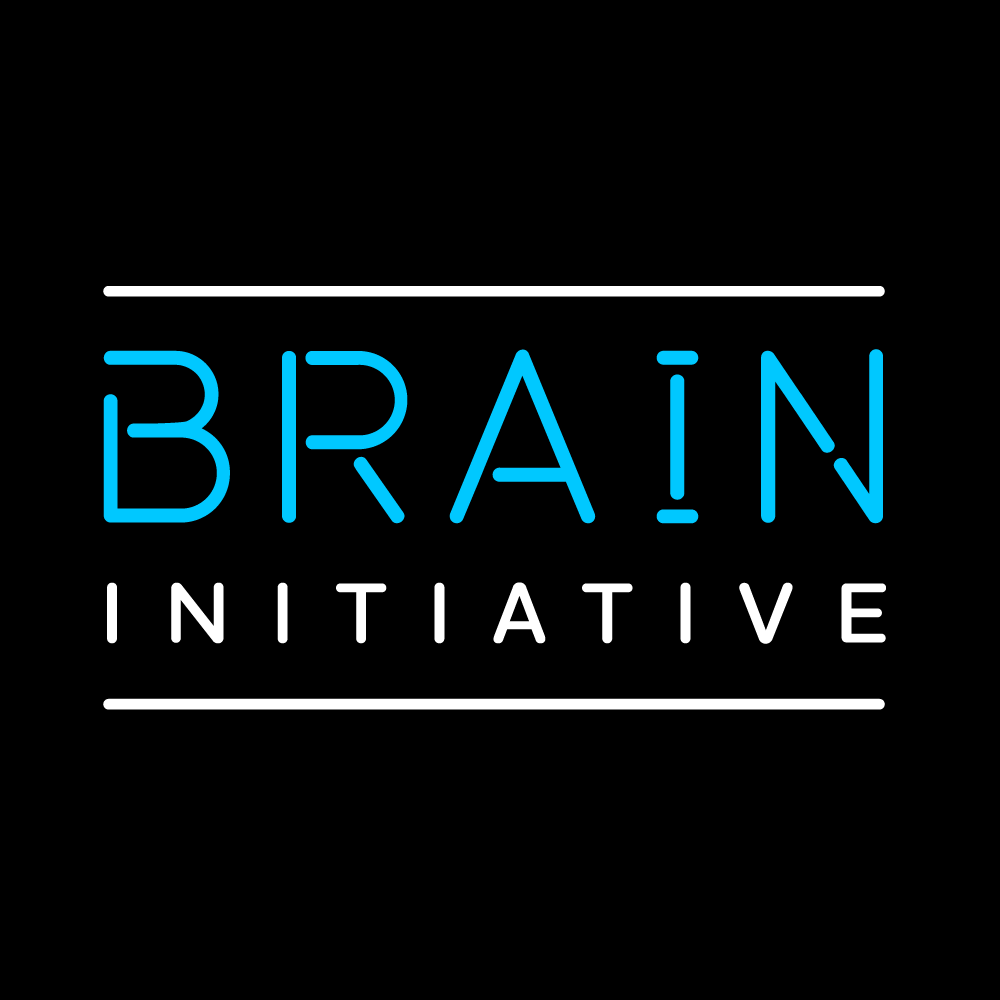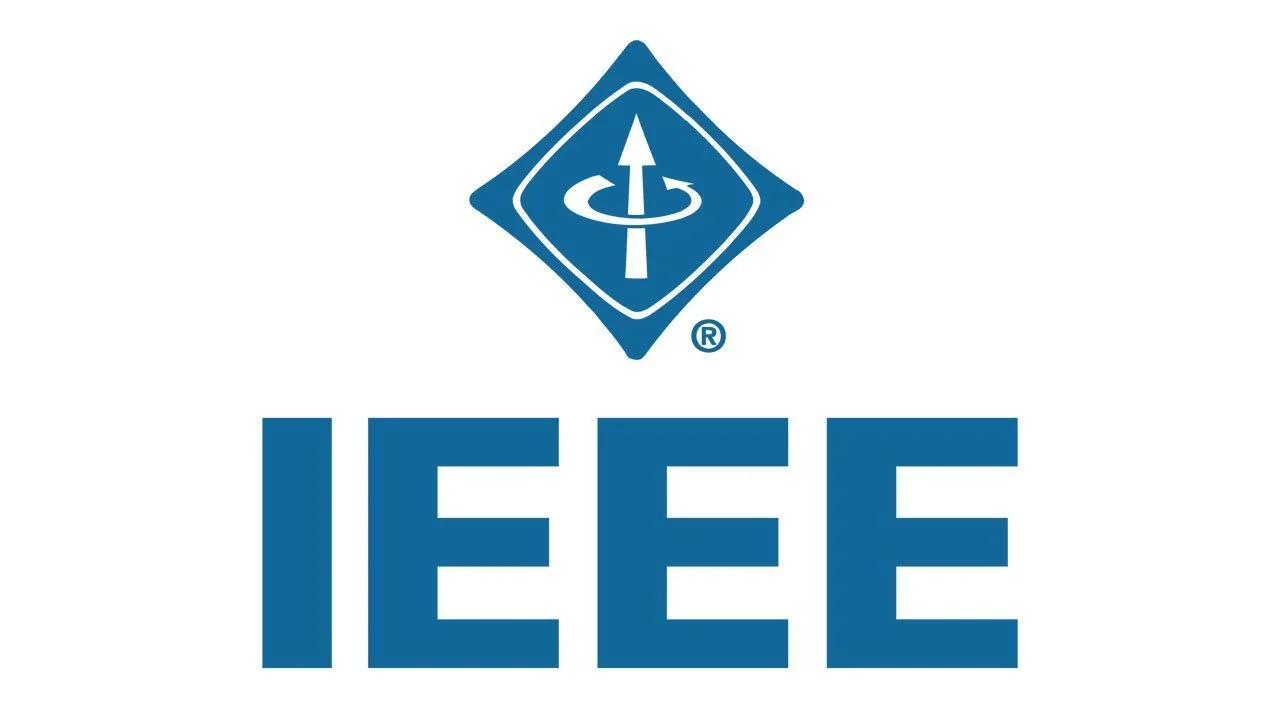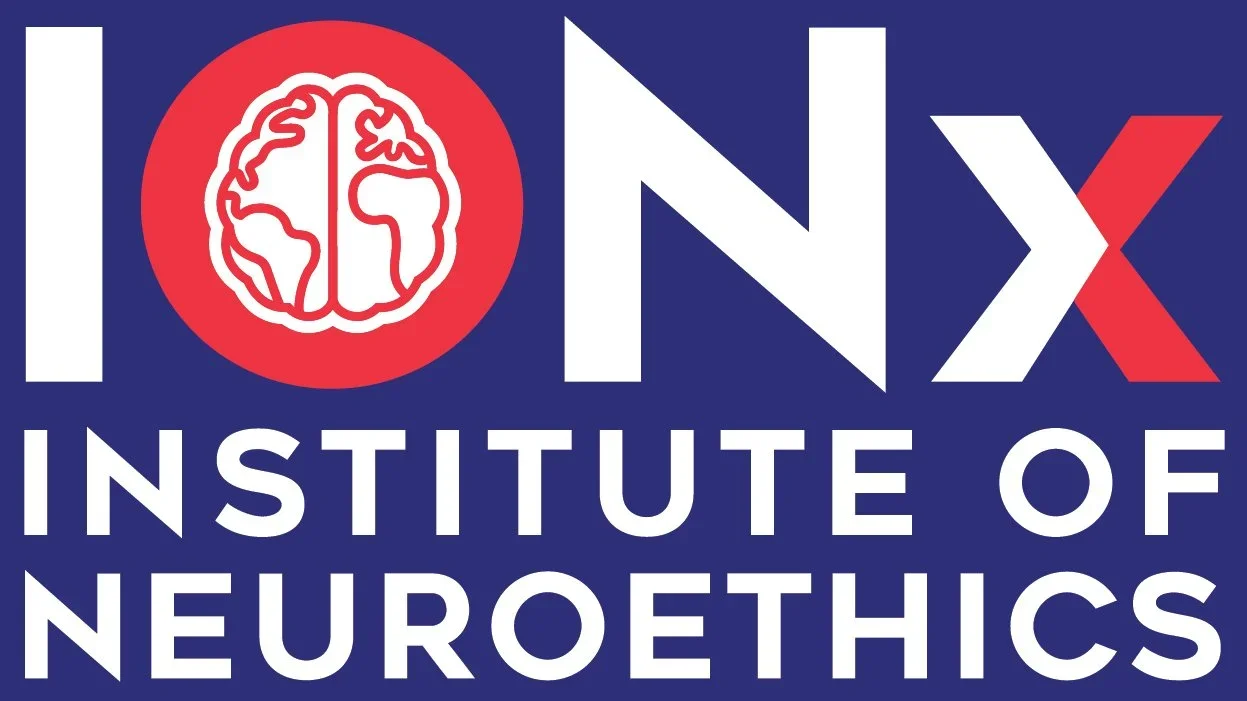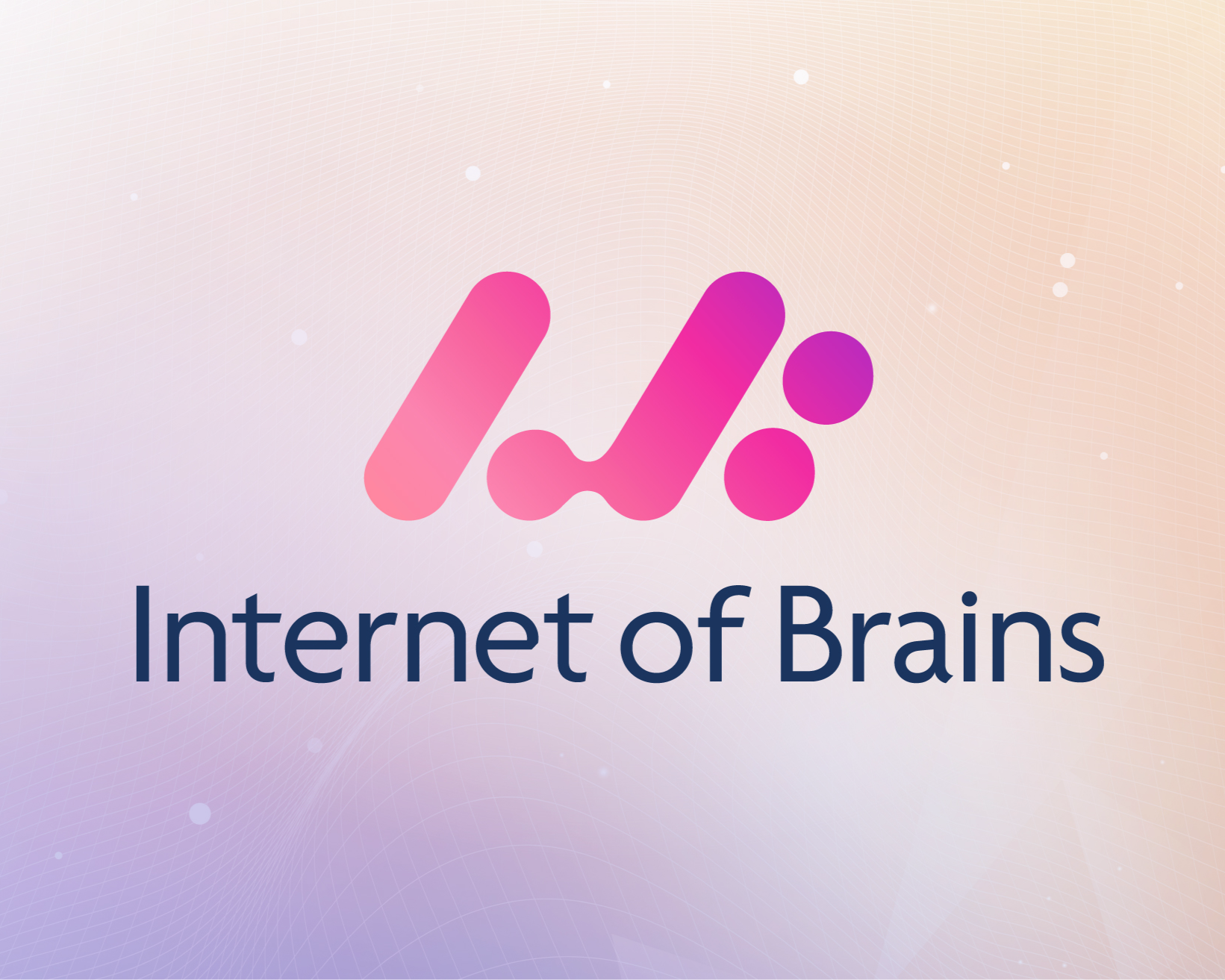
Existing Neuroethical Frameworks and Guidance
OECD Recommendation on Responsible Innovation in Neurotechnology
The OECD Recommendation on Responsible Innovation in Neurotechnology, adopted in December 2019, is the first international standard addressing ethical, legal, and social challenges associated with emerging neurotechnologies. It provides guidance for governments and innovators to navigate these challenges while promoting innovation in the field. The recommendation encompasses nine principles focusing on responsible innovation, safety assessment, inclusivity, scientific collaboration, societal deliberation, oversight capacity, data protection, cultural stewardship, and anticipation of unintended use. The framework aims to guide various stages of the innovation process, emphasizing high-level values, institutional capacity building, and societal engagement. It addresses the growing importance of mental health and the significant potential of neurotechnology to improve well-being. The OECD's five-year project involved international collaboration, consultation with stakeholders, and the development of principles through workshops and expert input. The ongoing implementation includes the creation of practical tools, best practice examples, and lessons learned to support adherence to the recommendation.
NIH BRAIN Initiative Alliance Guiding Principles
The NIH BRAIN Initiative is a collaborative effort aimed at advancing scientific understanding of the human brain through groundbreaking studies and technological innovations in neuroscience. Recognizing the unique ethical considerations involved in studying the complex human brain, the initiative established a Neuroethics Working Group comprised of experts in neuroscience, medicine, bioethics, philosophy, and law. The NIH BRAIN Initiative's Neuroethics Working Group developed Neuroethics Guiding Principles, published in December 2018, to address ethical considerations in BRAIN-funded research. These principles emphasize safety, anticipate issues related to capacity and autonomy, protect privacy, consider potential misuses of neuroscience tools, exercise caution in medical and non-medical applications, address public concerns, promote public education and dialogue, and ensure just behavior and shared benefits.
UNESCO - Report of the International Bioethics Committee on the Ethical Issues of Neurotechnology
The United Nations Educational, Scientific and Cultural Organization (UNESCO) report on the ethical issues of neurotechnology provides a comprehensive exploration of the intersection between neuroscientific advancements and ethical considerations, legal implications, and governance strategies. It begins with an overview of existing neurotechnologies, including neuroimaging, neurodevices, brain-computer interfaces, and the role of artificial intelligence in neuroscience. The report delves into the ethical dimensions of neurotechnology, addressing principles such as cerebral/mental integrity, personal identity, autonomy, mental privacy, and considerations of accessibility and social justice. It examines the purpose of enhancement in neurotechnology, explores its implications in clinical and research ethics, and discusses the legal dilemmas surrounding consent, privacy, and human rights, specifically the right to freedom of thought. The report also emphasizes the importance of responsible innovation and effective governance in navigating the ethical challenges posed by neurotechnological advancements, advocating for public engagement, industry collaboration, and public-private partnerships. The recommendations provide guidance for balancing technological progress with ethical, legal, and societal considerations in the evolving landscape of neurotechnology. Read the full report below.
IEEE Neuroethics Framework
The Institute of Electrical and Electronics Engineers (IEEE) aims to assist the neuroengineering community by creating a comprehensive approach to assess the ethical, legal, social, and cultural aspects associated with neurotechnologies. The framework seeks to define neurotechnologies, highlight their implications throughout various stages (research, development, clinical application, evaluation, adoption, and usage), and engage all stakeholders, including researchers, developers, regulators, ethics committees, clinicians, and users, in discussions regarding these issues. The IEEE Brain is actively working on documentation that complements the framework, providing examples of existing neurotechnologies and examining the associated ethical, legal, social, and cultural considerations within specific contexts.
Global Repository of Frameworks
The Institute of Neuroethics, a global think & do tank dedicated to neuroethics, has compiled a gloabl repository of recommendations from the broader neuroscience community. This Global Repository brings together research, recommendations, and outputs from major neuroethics summits and initiatives worldwide.
Internet of Brains
Internet of Brains has published two NeuroTech Guidebook volumes. Vol. 1 provides an overview of the current neurotechnology landscape written for a general audience, which may help support shared understanding and foster broader discussion. Vol. 2 is aimed at people running or planning neurotechnology-related businesses, and may be useful in encouraging responsible development in the field.
Asilomar for the Brain and Mind
BrainMind aims to play a pivotal role in shaping the ethical considerations within the rapidly evolving field of neurotechnology. The initiative emphasizes private sector engagement, acknowledging the significant impact of commercialization on individual lives and societies, and leverages its influential community to foster discussions and decisions at the forefront of brain science and technology.






